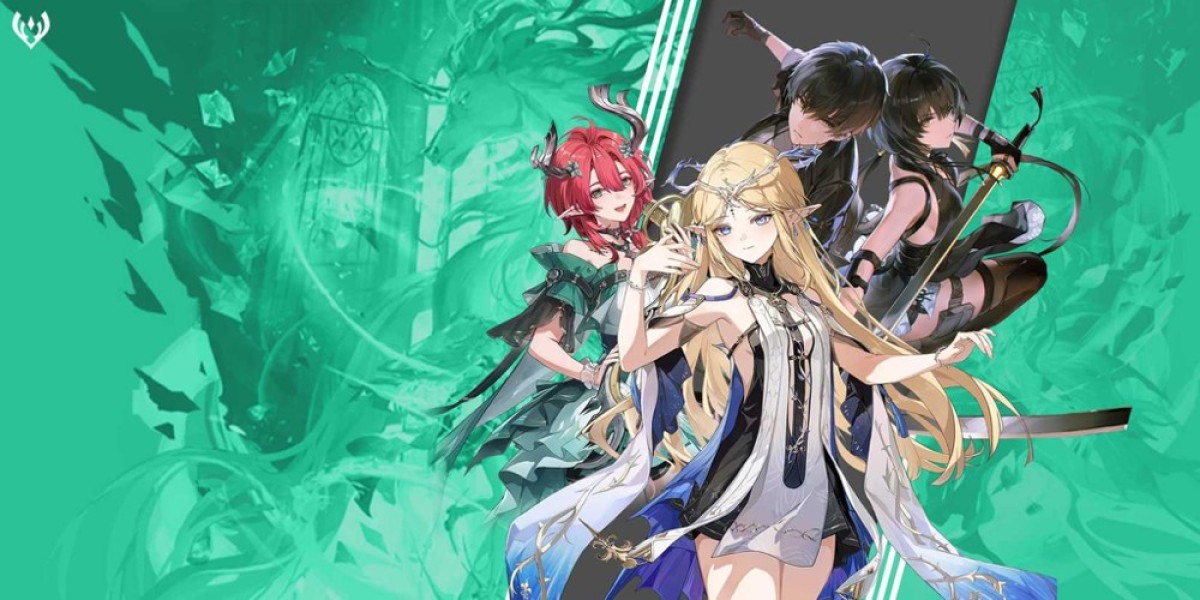Mary Fitzgerald, known as a pioneering trade unionist and advocate for women’s rights, stands as a remarkable figure in labor history. While her activism primarily unfolded in South Africa, her legacy resonates widely, including among American audiences interested in social justice, equality, and labor rights. This blog delves deeply into the life and contributions of Mary Fitzgerald, celebrating her trailblazing work and exploring her enduring influence on movements for workers' rights and gender equality. American readers will find inspiration in her story, which demonstrates the power of courage and solidarity in shaping progressive change.
Mary Fitzgerald: The Early Life and Rise to Activism
Mary Fitzgerald’s journey toward becoming a labor icon began when she became a typist for the South African Mine Workers Union. Witnessing firsthand the severe and often inhumane working conditions of miners, she swiftly evolved from observer to vocal advocate. Despite her modest stature and quiet demeanor, Fitzgerald possessed a compelling oratory skill that captivated audiences at union gatherings. Her activism extended beyond mere speeches; she took an active role in organizing unions for women, emphasizing equal pay and voting rights—a critical focus that connects closely to American movements for women’s suffrage and labor equality.
Her transition from typist to printer marked her as South Africa’s first female master printer, and she utilized this position strategically by co-owning a printing plant. Through this, she printed radical publications like The Voice of Labour and Modern Woman, pioneering feminist and labor discourse in her country. This intersection of media and activism is significant, echoing how grassroots newspapers and journals in the United States historically propelled labor rights and suffrage campaigns.
The Labor Struggles and “Pickhandle Mary”
Mary Fitzgerald earned the formidable nickname “Pickhandle Mary” during the labor disputes and strikes in Johannesburg in the early 1910s. Her leadership in the 1911 tramway strikes, which manifested in protesters blocking tramlines and clashing with police, demonstrated her fearless commitment to workers' rights. The iconic story of her using a large hat pin to fend off a mounted Dragoon’s horse during violent Black Friday riots in 1913 illustrates her courageous and symbolic resistance to oppression.
American labor historians often note such acts of defiance as crucial moments that mobilized broader support and solidarity during the early 20th century labor movements. Fitzgerald's role in these events was not only about immediate protest victories but also about establishing a model of militant femininity and organized resistance. Her ability to rally her so-called “pickhandle brigade” against anti-union forces represents a powerful example of collective female activism, something American audiences can appreciate within the context of labor struggles and feminist movements.
Mary Fitzgerald’s Political Achievements and Legacy
Breaking barriers, Mary Fitzgerald was the first woman elected to Johannesburg’s city council in 1915 and later served as Deputy Mayor. Such achievements underscored the importance of women’s political participation in shaping labor policy and social reform. Her founding of the Women’s Industrial League further cemented her role as a leader in advocating for the rights of female laborers across various sectors, including waitresses and laundry workers.
Her participation as a delegate at the 1921 International Labour Organisation conference in Geneva links her influence to an international stage, reflecting broader labor and feminist alliances that American activists also contributed to during this era. Despite challenges, including arrest during the 1922 Mine Workers Strike, her lifelong dedication to workers’ and women’s rights remains a critical chapter in labor history.
Expert Insight on the Enduring Influence of Mary Fitzgerald
According to Dr. Samantha Lee, a labor historian at Columbia University, “Mary Fitzgerald exemplifies the global dimensions of early 20th-century labor activism, blending militant unionism with feminist principles. Her work bridges continents and movements, offering America a vital perspective on the interconnected fight for social justice”.
Conclusion: Why Mary Fitzgerald Matters to Americans Today
Mary Fitzgerald’s story holds considerable meaning for Americans as a testament to the power of resilience, unity, and advocacy for justice. Her tenacity in fighting for workers' dignity and women’s equality transcends national boundaries and time periods, shedding light on the shared struggles faced by labor movements worldwide. By reflecting on her legacy, American readers can draw lessons on the importance of collective action and the intertwining of labor rights with gender equity. Mary Fitzgerald’s powerful example encourages ongoing efforts to create fairer workplaces and a more inclusive society—a mission that remains just as urgent today as it was a century ago.
The legacy of Mary Fitzgerald, the "Pickhandle Mary," offers not just inspiration but also a roadmap for social activists and labor advocates across America and beyond.


